Science
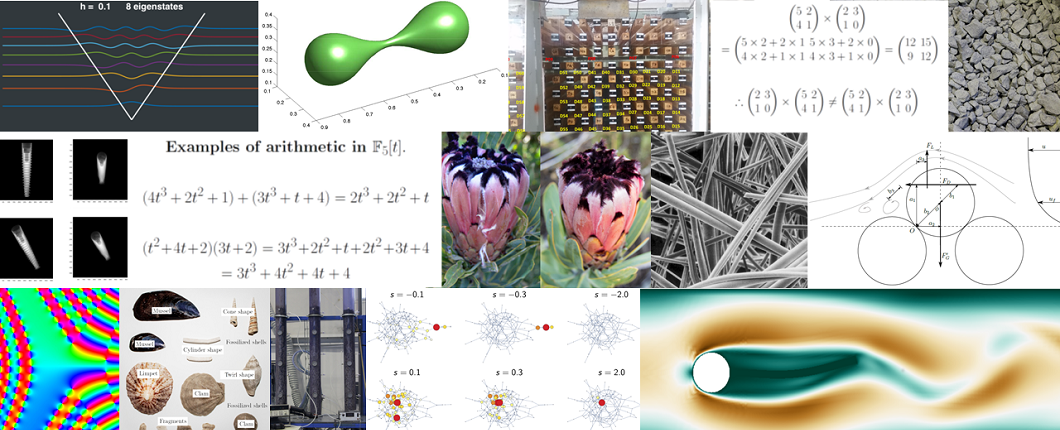
The Mathematical Sciences programme provides the opportunity to study towards a degree focusing on mathematical concepts. Each student in this programme chooses one of the following focal areas: Mathematics, Applied Mathematics and Operations Research.
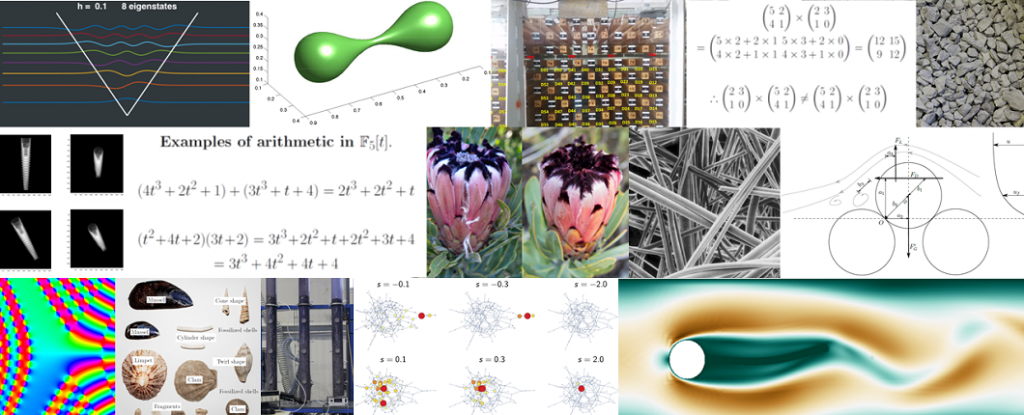
x

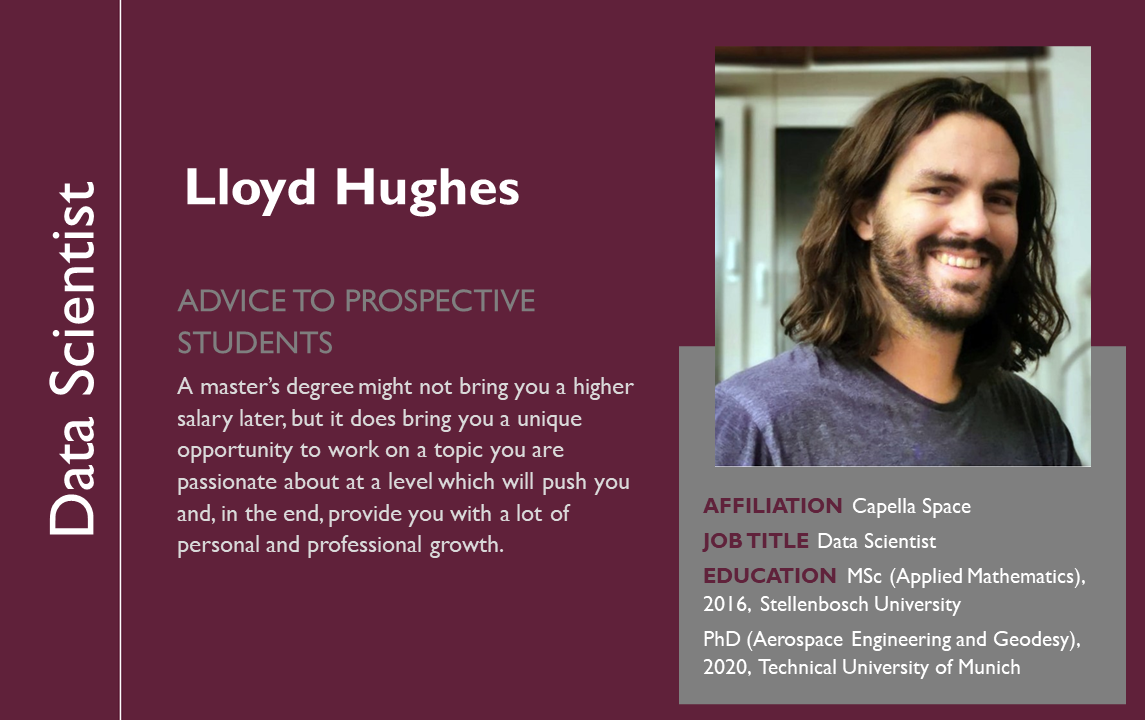
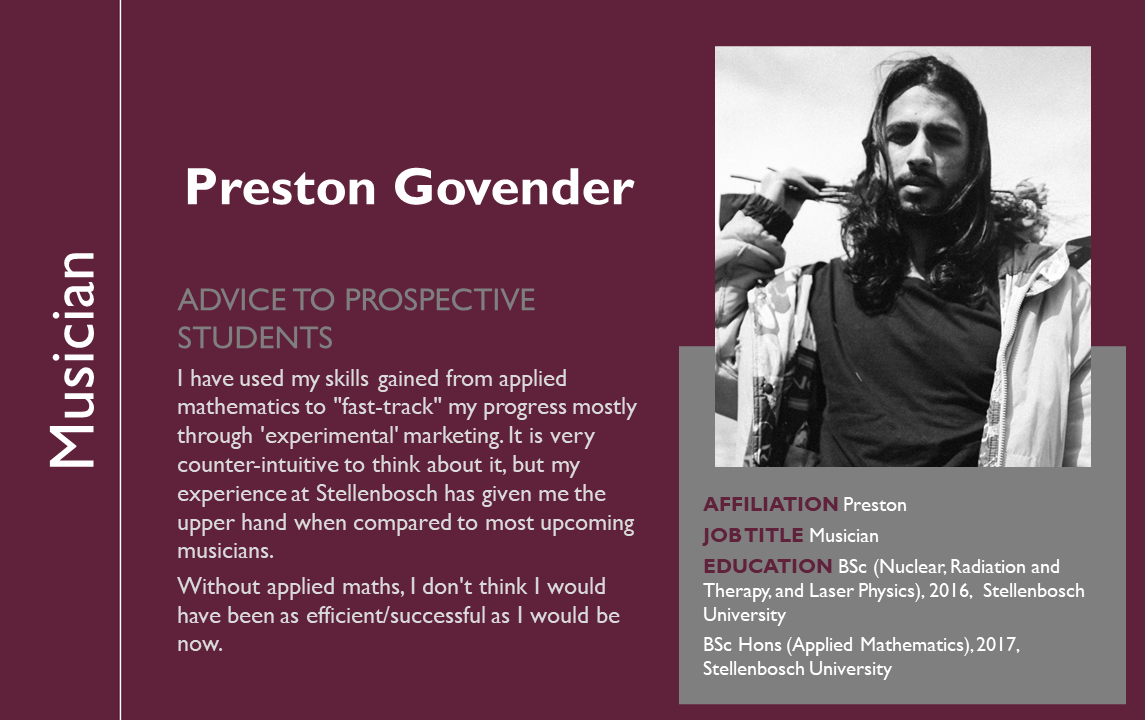
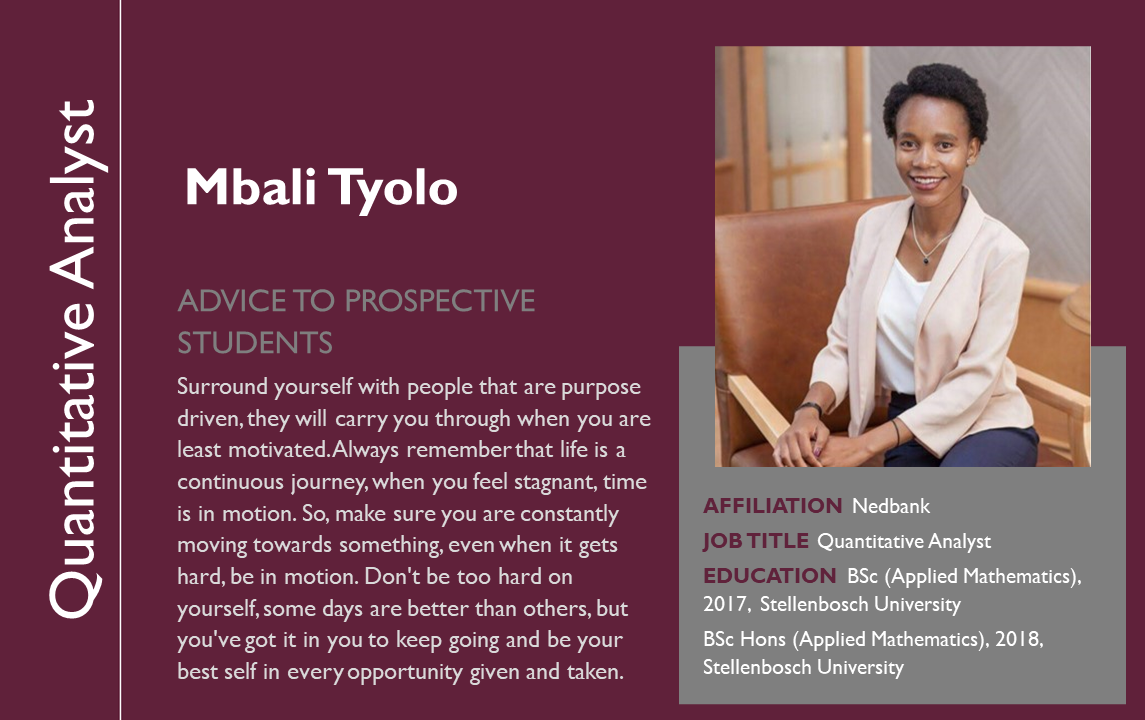
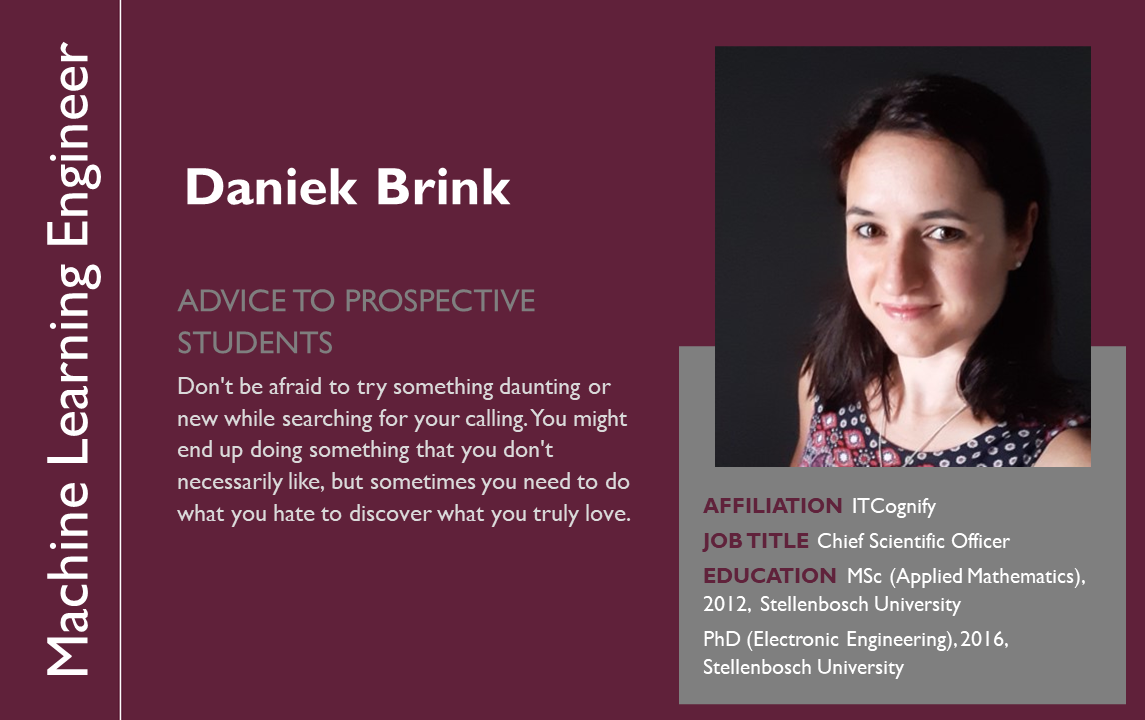
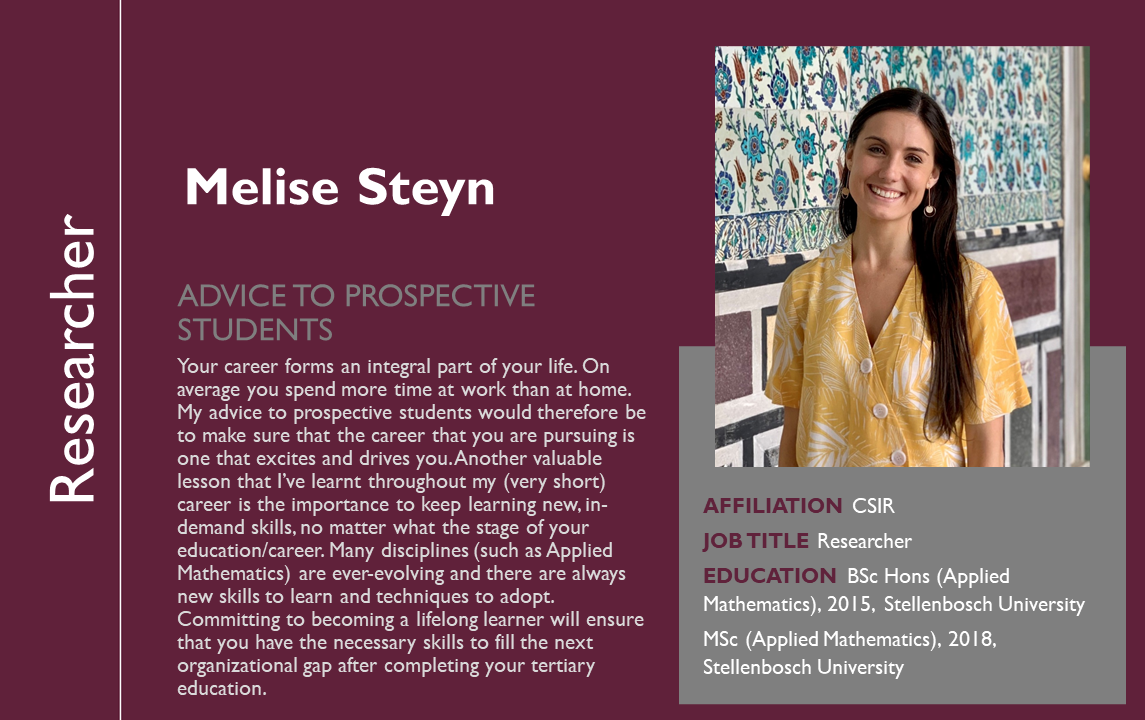
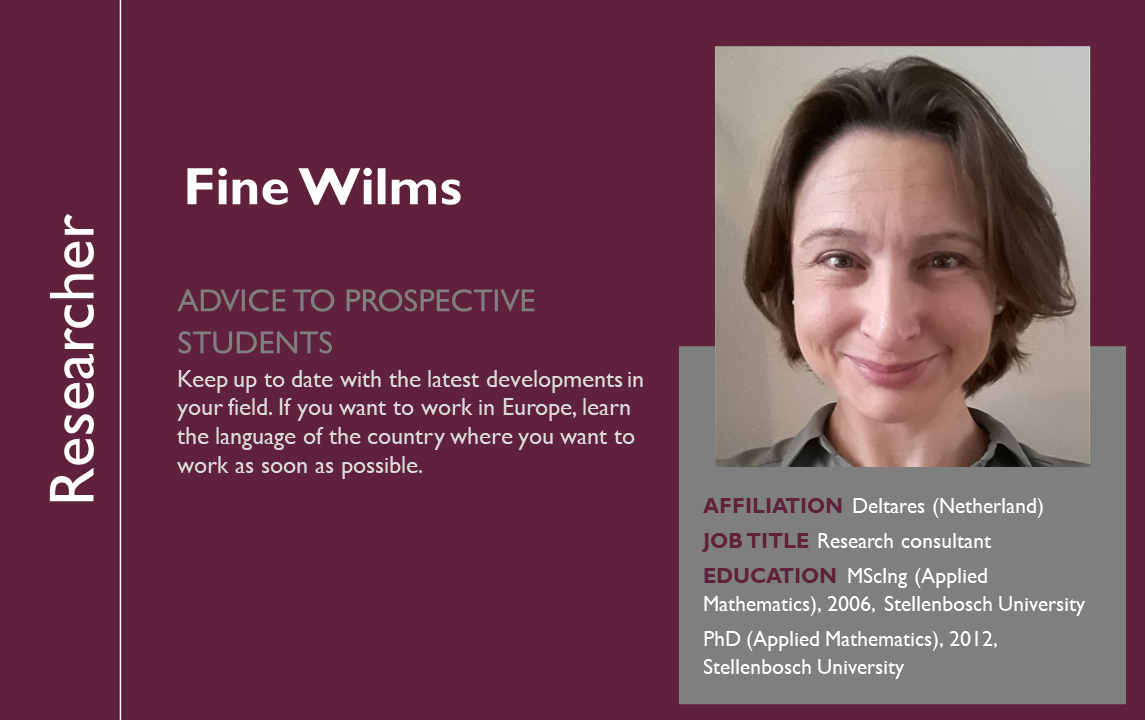
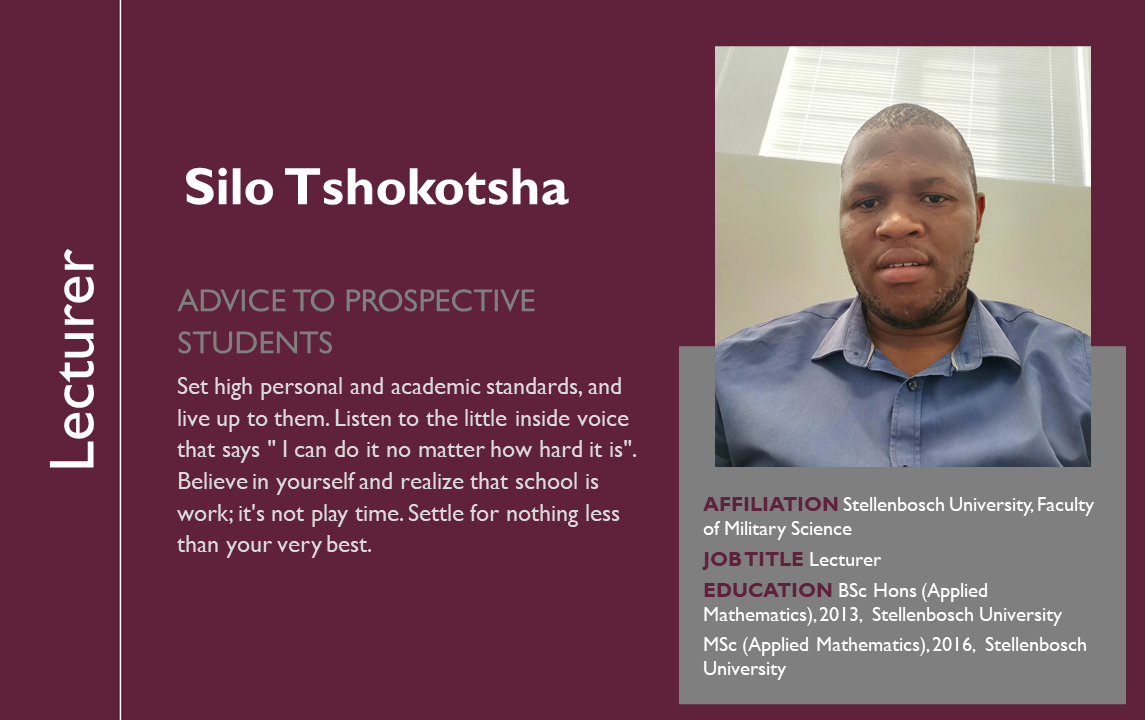
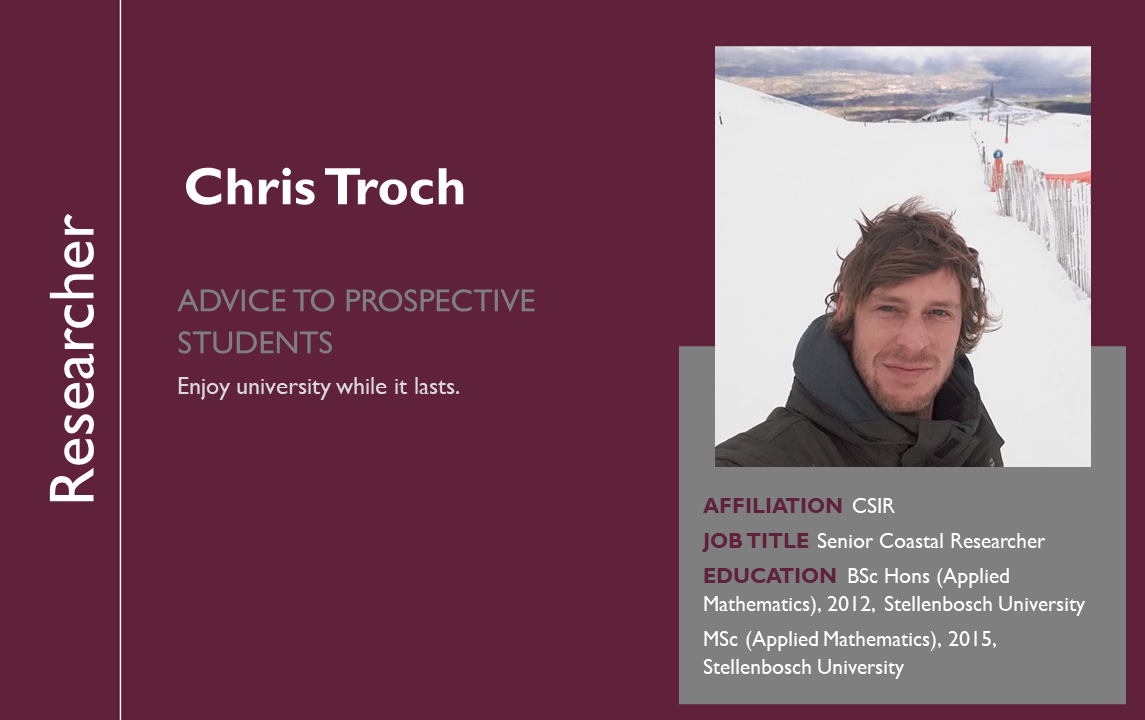
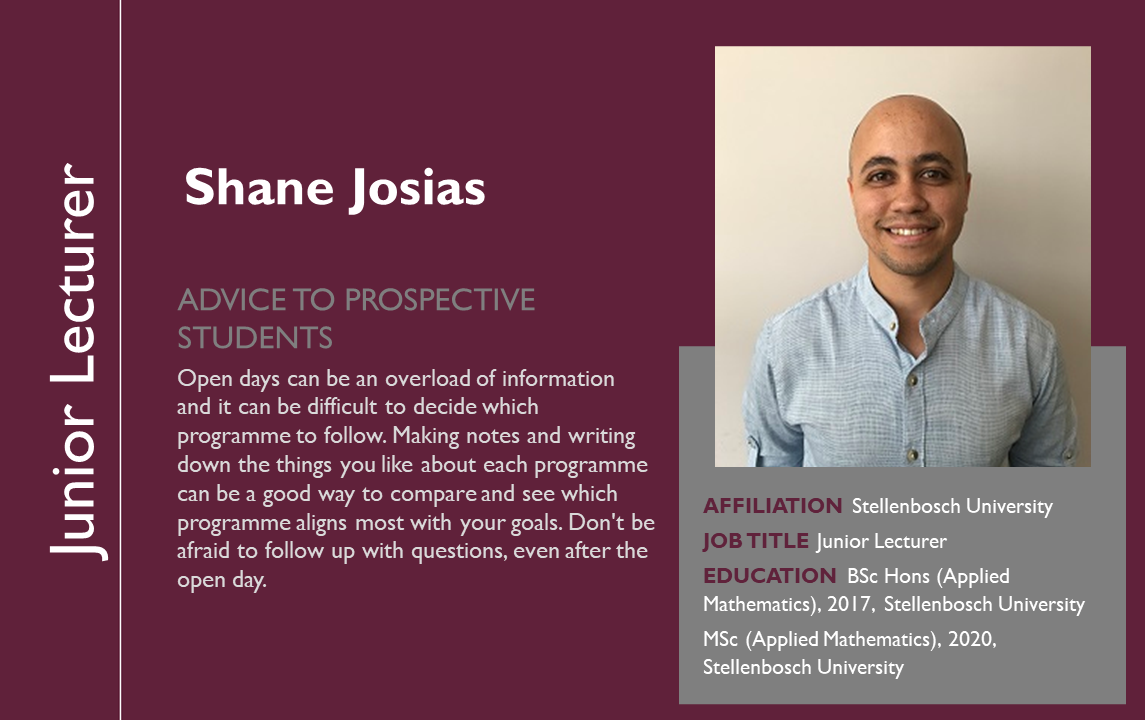
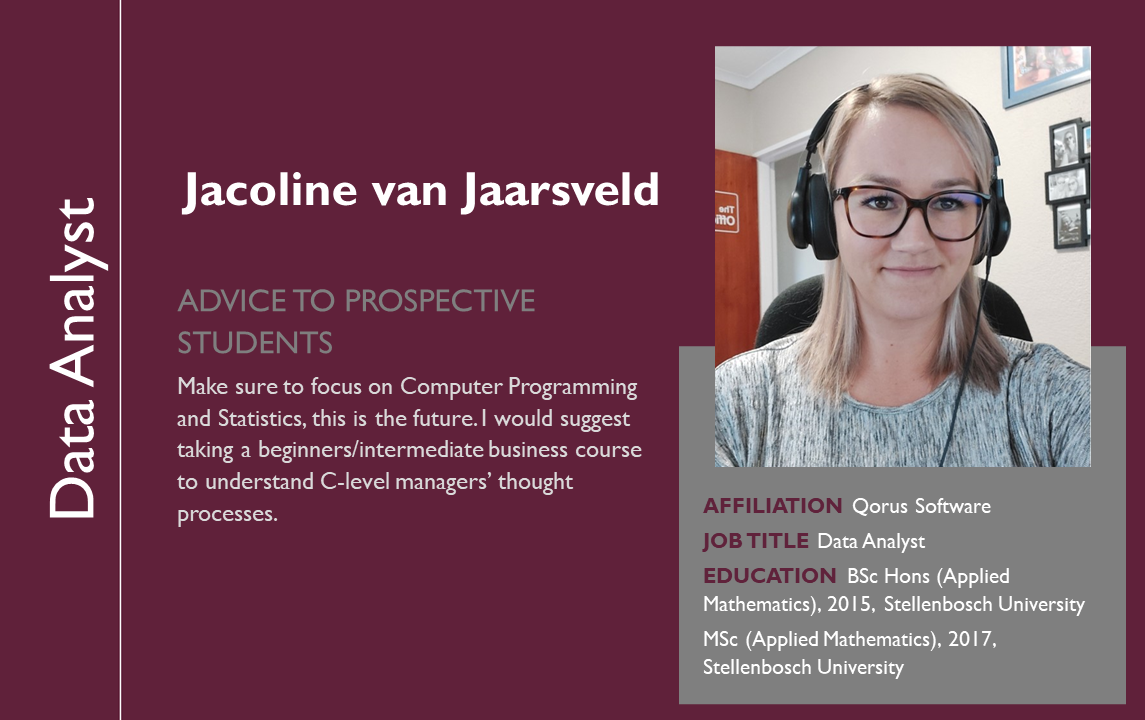
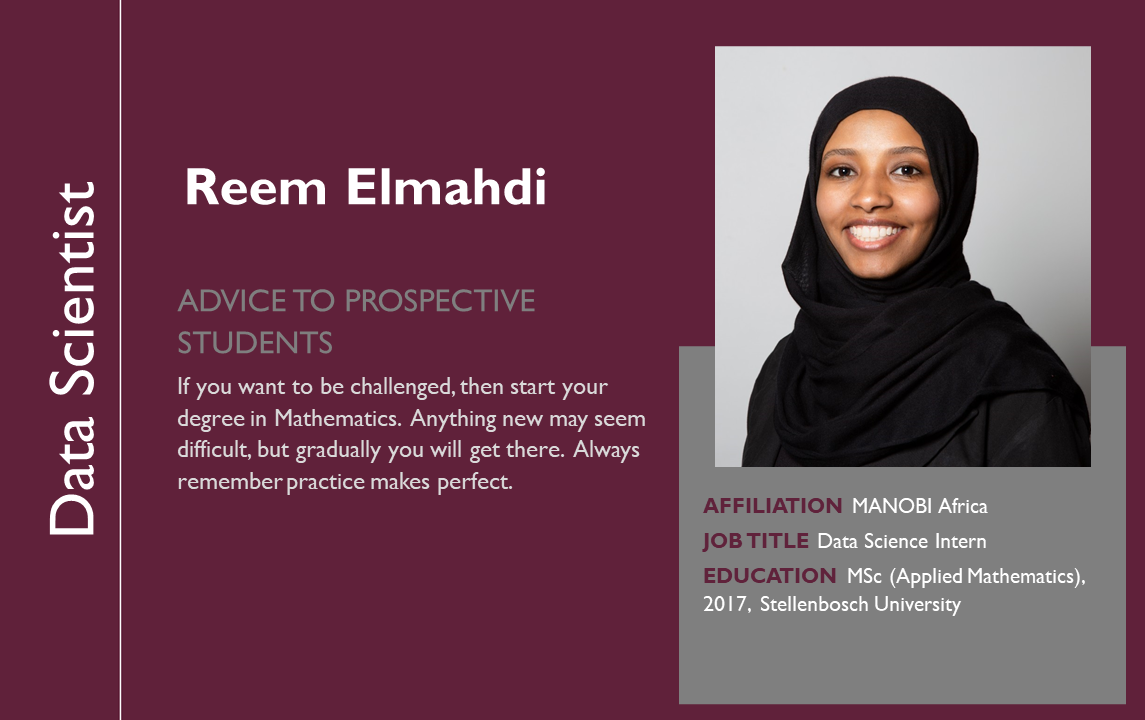

empty
empty tag
Why should I pursue a degree in Mathematical Sciences?
The BSc Mathematical Science programme offers a wide variety of subjects, which offers you the opportunity to pursue something you are interested in. You can choose between Abstract Mathematics, Applied Mathematics, Biomathematics, Computer Science, Financial Mathematics, Operations Research, Mathematical Statistics, and Mathematics.
For a short overview of the Mathematical Sciences Programme click here.
What is Applied Mathematics, as opposed to pure Mathematics?
In Applied Mathematics you study mathematics that is driven by a real-life application and the goal is to eventually apply the mathematics you develop to a real-life problem. In pure Mathematics, you are driven by inner mathematical insights and, although, in some distance future the mathematics you develop may apply or may contribute to an application to a real-life problem, you are not concerned by these considerations in your process of engaging with mathematics.
What is the difference between Mathematics at school level and at university level?
Broadly speaking, at university level the focus is more on analytical and logical thinking and problem-solving skills, and less on computational skills.
What are the admission requirements for a BSc degree in Mathematical Science?
The admission requirements for the Science Faculty can be found on page 24 of the 2021 Faculty of Science Calendar (Part 5).
What can I expect in my first year?
In your first year you will take four semester modules per semester and one year-module, Science in Context. The compulsory and elective modules for each stream can be found in the 2021 Faculty of Science Calendar (Part 5). For a video on how to extract information from the Calendar, click here.
What types of careers can I pursue after obtaining a BSc degree in Mathematical Science?
Throughout your studies, Stellenbosch University equips you with the necessary analytical and problem-solving skills which prepares you for a variety of careers.
Possible jobs include teachers, data scientists, computer programmers, software developers, researchers, business analysts, and risk analysts. For more information please visit the websites WeUseMath and SIAM. Also visit our alumni section to see the profile of some Mathematical Sciences Alumni.
Which postgraduate options are available in Mathematical Science?
After you have completed your undergraduate degree in Mathematical Science, you can pursue an honours degree in an appropriate field, depending on your chosen third-year modules. A BScHons is a one-year degree consisting of a number of modules and a research project in your chosen field. Thereafter you can enroll for and Master’s degree which comprises a thesis on an approved topic. To obtain a PhD in one of the Mathematical Sciences fields you must submit a dissertation containing the results of your independent research.
What are the research focus areas in Mathematical Sciences?
The division of Applied Mathematics at Stellenbosch University focuses on research in numerical analysis and scientific computing; computer vision and machine learning; fluid dynamics and modelling; and applied discrete mathematics. Our mission is to formulate and solve problems in all walks of life by developing and making use of mathematical methods in an innovative way.
In the Mathematics division, we have research groups focusing on Algebra and Model Theory, Categorical Algebra, Discrete Mathematics, Duality Theory, Functional Analysis, Mathematical & Theoretical Physical Biosciences, Number Theory and Geometry, and Topology and Mathematical Physics.
